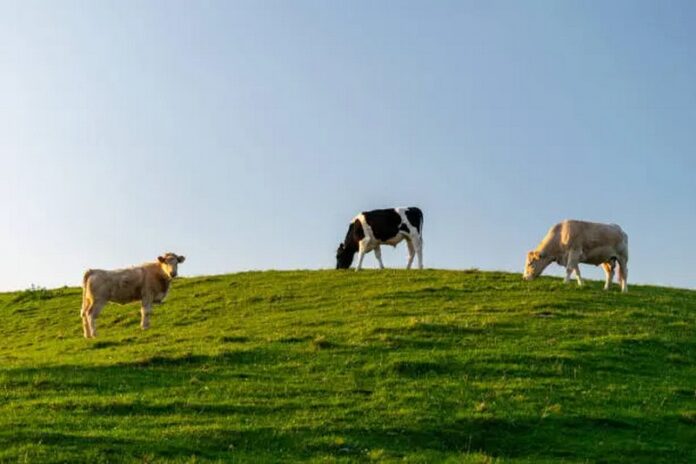Many human behaviours continue to harm the climate, and one significant factor is meat consumption, particularly beef.
Beef consumption has been identified as a major contributor to climate change. Although it may not seem significant to many, it is an emerging problem that needs to be addressed through individual decision-making.
According to the University of California, Davis, cattle are the leading producers of greenhouse gases in the global agriculture industry.
A single cow can emit nearly 100 kg of methane each year. While methane has a shorter lifespan than carbon dioxide, it is much more damaging in terms of warming the atmosphere.
In Ghana, there is currently no research on the amount of greenhouse gases produced by cattle. However, the Ghana Beef Industry Outlook 2022-2026 reports that in 2021, the country consumed 28,000 metric tons of beef.
The report also indicates that Ghanaian beef production is projected to grow at an annual rate of 1.4%, reaching 32,830 metric tons by 2026.
In 2021, Ghana produced 30,280 metric tons of beef, reflecting a 4.9% increase year-on-year since 1966.
In 2021, Ghana was ranked 109th in global beef production, surpassed by Namibia, which produced the same amount. Brazil, China, and Argentina ranked second, third, and fourth, respectively.
As findings suggest that beef consumption in Ghana is increasing, this implies that raising cattle specifically for meat will also rise, leading to more greenhouse gas emissions.
Globally, about 1.5 billion cattle raised for meat production emit at least 231 billion pounds of methane into the atmosphere each year.
The fight against climate change requires commitment from individuals, organisations, and governments.
However, it is essential to start with personal commitment. Your choice regarding beef consumption is critical for protecting the climate and making the world a better place for all.


